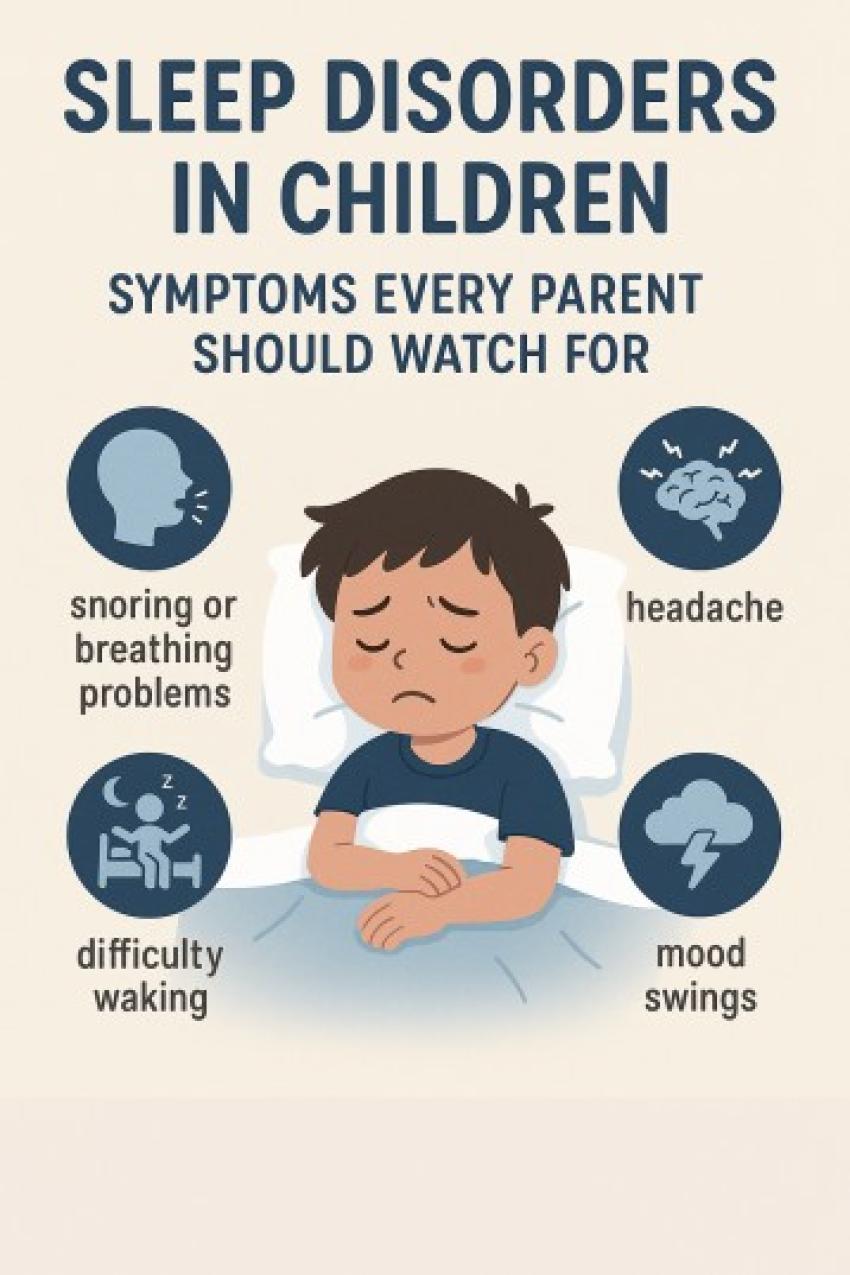
Bedtime should feel safe. But for many families, it turns into a nightly struggle. Your child cries, begs not to go to sleep, or wakes up scared. It may seem like a phase. But if it keeps happening, you may wonder—could something else be going on?
Sometimes, crying at bedtime is a sign of a deeper issue, like a sleep disorder. It’s not just about being fussy. It can be a child’s way of saying something’s wrong. In this article, we’ll explain what to look for, what could be causing it, and what steps you can take to help.
When Crying at Night Is a Concern
It’s normal for young children to cry once in a while at bedtime. Maybe they’re overtired, anxious, or just want more attention. But if your child cries before bed most nights, and this goes on for weeks, it’s time to pay attention.
You should be concerned if the crying comes with:
trouble falling asleep,
frequent night wakings,
waking too early in the morning,
or being tired and cranky during the day.
These can all be signs of a sleep disorder in children.
Common Sleep Disorders That Can Lead to Bedtime Crying
1. Behavioral Insomnia
Some kids have trouble settling down without help. They may cry or refuse to sleep unless a parent stays close. Over time, this can become a pattern that’s hard to change.
2. Sleep Anxiety
Fear of the dark, being alone, or even nightmares can lead to bedtime crying. Children with sleep anxiety often stall or cry to delay bedtime. This fear can grow if not addressed.
3. Obstructive Sleep Apnea
This is more common than people think. If your child snores, breathes heavily, or wakes up gasping, they might have sleep apnea. They may cry at bedtime because they associate sleep with discomfort.
4. Restless Sleep Disorder
This condition causes frequent tossing and turning. Children may wake up often and cry out. It’s sometimes linked to low iron levels and can affect overall rest.
5. Night Terrors and Parasomnias
If your child cries in their sleep, appears confused or scared, and doesn’t remember anything in the morning, they might be experiencing night terrors. These are not the same as nightmares and usually happen during deep sleep.
Other Reasons for Bedtime Crying
Not all bedtime crying is due to a sleep disorder. Sometimes, the cause is temporary or environmental:
Too much screen time before bed
No regular bedtime routine
Discomfort from illness (e.g., reflux, ear infections)
Changes at home or school that cause stress
That’s why it’s important to look at the full picture.
What You Can Do as a Parent
1. Track Sleep Patterns
Write down what time your child sleeps, how long they cry, and how often they wake up. Keeping a sleep log for two weeks can help spot patterns.
2. Improve the Sleep Environment
Make sure your child’s room is quiet, cool, and dark. Avoid TV, mobile phones, or tablets before bedtime. Stick to calming activities like reading or soft music.
3. Build a Consistent Routine
Children thrive on predictability. A warm bath, quiet play, or bedtime story helps signal to the brain that it’s time to rest.
4. Talk to a Pediatrician
If things don’t improve, or if crying gets worse, speak to your child’s doctor. They may recommend a sleep assessment or refer you to a pediatric sleep specialist.
When to Seek Help
Call your child’s doctor if you notice:
Loud snoring or gasping while sleeping
Crying in sleep with no memory of it
Daytime sleepiness or hyperactivity
Delays in growth, behavior, or learning
Crying that seems tied to stress or fear
Sleep problems don’t just affect nights—they show up during the day too. Ignoring them can impact school, behavior, and overall health.
Conclusion
Crying at bedtime is not always simple. Sometimes it’s a sign your child is struggling with sleep in ways they can't explain. It’s not about being difficult—it may be their way of asking for help.
If something doesn’t feel right, don’t wait. You know your child best. A restful night's sleep is not a lavish lifestyle. It’s a basic need—for your child’s body, mind, and happiness.
The good news? With the right support, most sleep problems in children can be treated. And when sleep improves, so does life—for everyone in the family.




